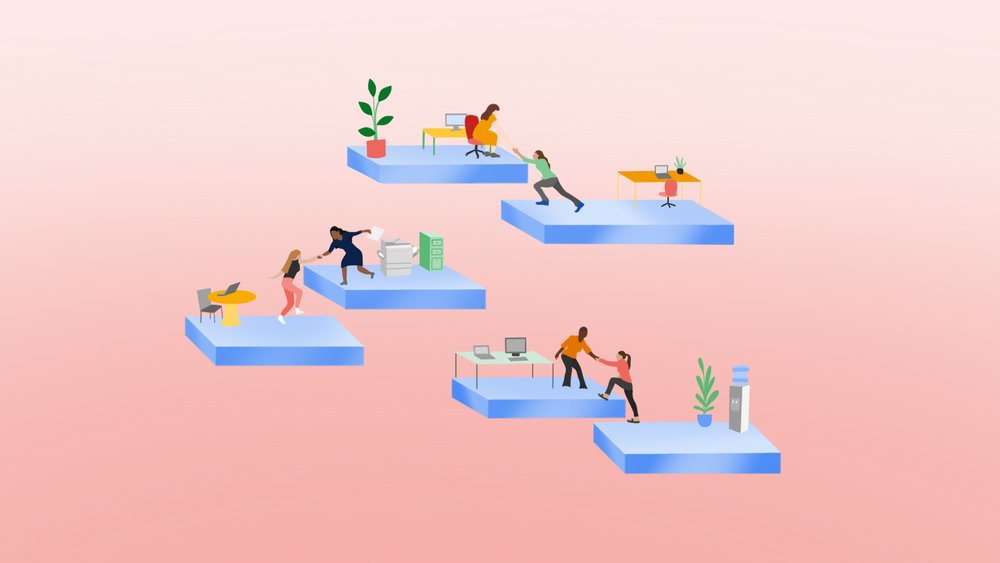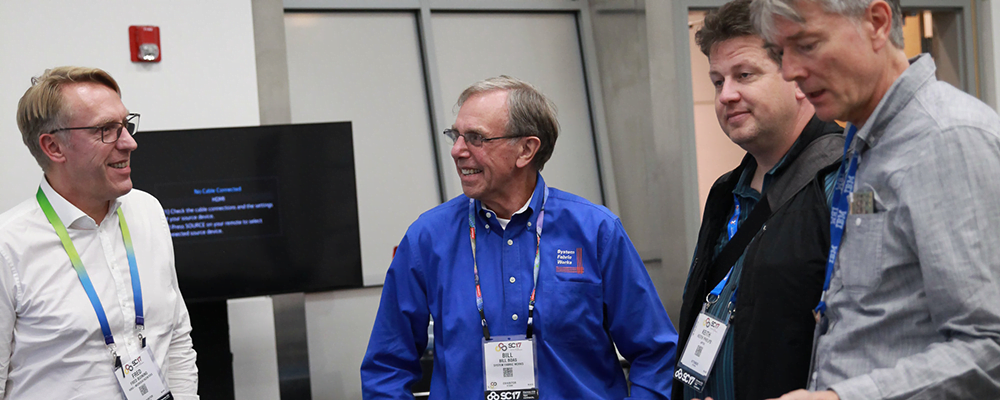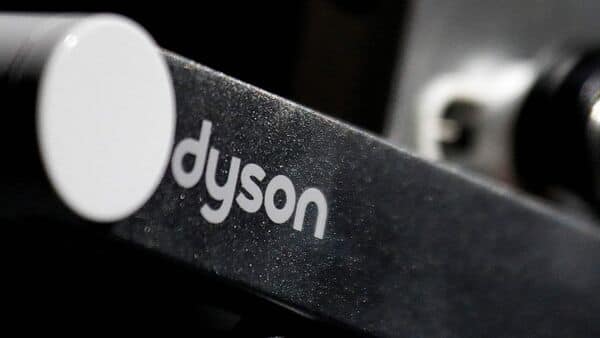

This Women’s History Month, we’re celebrating Googlers who contribute to products and features that people rely on each day. Last week we heard from women working on our crisis hotlines and Street View. Today, we hear from three more Googlers about how they build products — like Maps, Google Assistant and Google News — with safety, empathy and collaboration in mind.
Making the internet safer for women
Pavithra Kanakarajan is an information quality expert. She leads a team that focuses on identifying and removing things like fake reviews and abusive content from Google Maps. That often means protecting businesses — and people — from online harassment.
What do you love most about building at Google?
Few companies in the world have the level of impact that Google does. When I tell people I work on Google Maps, they tell me how much they love Maps and how it’s a part of their everyday life. That’s the best part of doing this job!
What is the best career advice another woman has given you?
I had a lot of self-doubt and uncertainty about returning to work after my daughter was born. During that period, my mother encouraged me to think beyond the initial anxiety and adapt to my new way of life as a working mother. Her simple advice was to take a long-term view of my life and happiness and make decisions based on that.
Why is it important to moderate things like reviews on Google Maps?
Women-owned businesses often face threats of trolling, shaming and digital sabotage through fake reviews and other malicious practices. To make Google Maps universally safe and trusted — especially for women — we must constantly invest in fighting abuse and misinformation.
Bringing empathy to technology
As a user experience researcher, Ebony Haight aims to answer the question: How do you make technology more empathetic? Ebony helps give the Google Assistant its personality and makes sure that any new feature solves a problem.
What’s early career advice you’ve gotten from another woman?
When women don’t meet every qualification on a job description, they often assume they’re not qualified for the job. A friend gave me the advice to believe in my capabilities and tell the story of what made me qualified in the moment, instead of assuming that I needed to do more or be more. It’s a mindset shift that’s allowed me to stretch and grow in unexpected ways.
Your work focuses on making the Assistant more empathetic. Why is empathy an important part of the user experience?
Empathy is an important part of the human experience. We need each other, and we all want to feel understood and cared for. When you create experiences with this in mind, it keeps you focused on being of service to people as opposed to being of service to goals or ideas.
Other than Google Assistant, what’s your favorite Google product or feature?
I’d be lost without Maps.
Collaborating across perspectives
As the product lead for the Google News app, Lauren Cibor is on a fact-finding mission to get as many perspectives as possible to inform and shape how we deliver the news. It’s a mission she thinks is essential to support the long-term sustainability of journalism and news organizations.
How have your experiences impacted the way you build products?
Before joining Google, I’ve felt at times that my voice wasn’t heard; this led me to approach my current role with empathy and curiosity. I have a strong desire to deeply understand and incorporate a wide array of perspectives — from considering the needs of people using Google News to collaborating with others internally to create different ways to deliver essential news through the app. I believe this helps us build more inclusive experiences for people with a wide range of circumstances and needs.
[“source=blog.google”]




